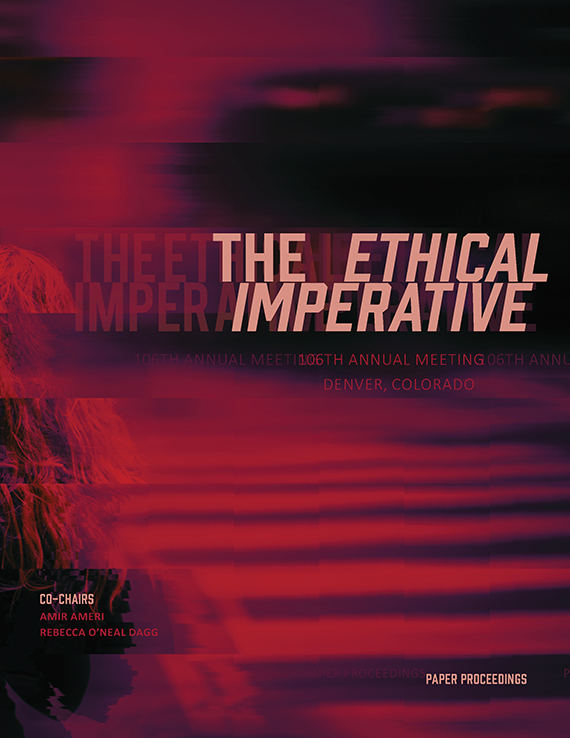Author(s): Zhongjie Lin
Coined by Richard Register in Ecocity Berkeley (1987), the concept of “eco-city” originated from the fundamental objective of sustainability in urban planning, design, and management to create ecologically healthy cities that enable residents to live a high-quality life with minimal impact on the environment. The 1992 United Nations Earth Summit in Rio de Janeiro and the resultant sustainable development programme, Agenda 21, formed the institutional backbone to support such an idea. However, until the end of the twentieth century, the eco-city remained mostly in theoretical discussions with only a few modest practical examples in Europe, such as Schwabach in Germany or the BedZED housing development in England. It was not until the last decade that an increasing number of large-scale projects translating the concept into practice made it a global phenomenon. This occurrence coincided with the continuing growth of urban populations, which crossed the 50% threshold in 2007. Asia seems to have emerged at the forefront of eco-city development as the region in general is experiencing rapid urbanization. A number of high-profiled projects have been carried out in different countries including Kitakyushu of Japan, Songdo in South Korea, Delhi-Mumbai Industrial Corridor in India, and Masdar City in the United Arab Emirates.
https://doi.org/10.35483/ACSA.AM.106.32
Volume Editors
Amir Ameri & Rebecca O'Neal Dagg
ISBN
978-1-944214-15-9

 Study Architecture
Study Architecture  ProPEL
ProPEL 
